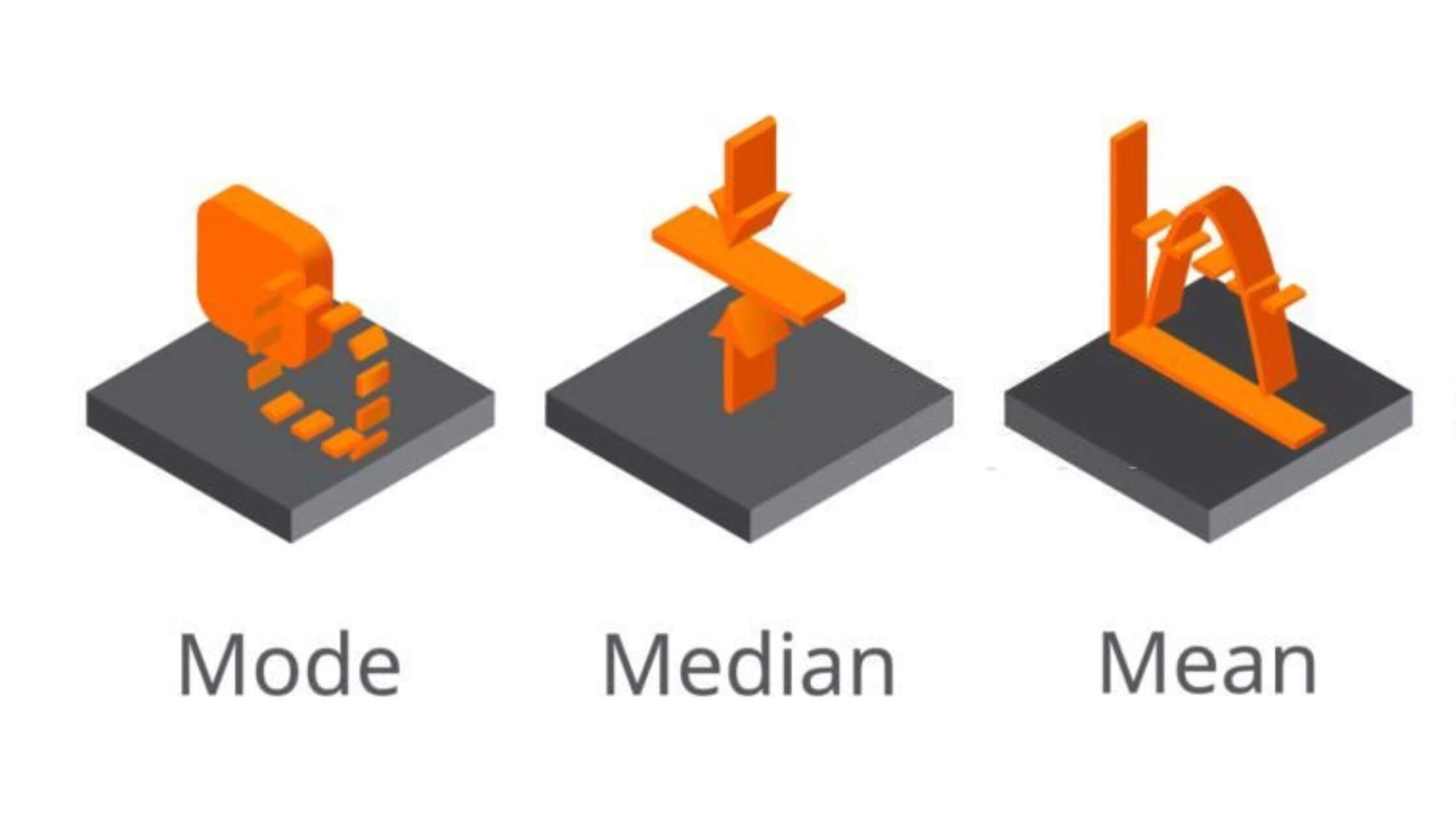
The Obligations And Rewards Of Being A Project Management Officer

As organizations strive for efficient project execution and successful outcomes, the role of a Project Management Officer (PMO) has gained significant importance. A PMO acts as a vital link between project teams, stakeholders, and organizational objectives. In this article, we will delve into the obligations and rewards associated with being a Project Management Officer, shedding light on the crucial responsibilities and the fulfilling aspects of this role.
Understanding the Role of a Project Management Officer
Before diving into the obligations and rewards, it is essential to have a clear understanding of the PMO’s role. A Project Management Officer is responsible for establishing and maintaining effective project management processes, standards, and methodologies within an organization. They provide guidance, oversight, and support to project teams, ensuring alignment with strategic goals and facilitating successful project delivery.
Obligations of a Project Management Officer
The obligations of a Project Management Officer are diverse and multifaceted. Here are some key responsibilities typically associated with the role:
1. Developing Project Management Frameworks
A PMO is responsible for developing and implementing project management frameworks, methodologies, and best practices. They establish standardized processes and tools that promote consistency and efficiency across projects. By defining clear guidelines and procedures, PMOs enable project teams to work cohesively and deliver high-quality results.
2. Ensuring Compliance and Governance
PMOs play a vital role in ensuring compliance with regulatory requirements, internal policies, and industry standards. They establish governance structures that promote transparency, accountability, and risk management. By conducting regular audits and assessments, PMOs identify areas of improvement and facilitate continuous process enhancements.
3. Providing Project Portfolio Management
PMOs are responsible for managing the project portfolio of an organization. They assess project feasibility, prioritize initiatives, and allocate resources effectively. By overseeing the portfolio’s performance and balancing the project pipeline, PMOs ensure that projects align with strategic objectives and deliver maximum value.
4. Facilitating Communication and Collaboration
Effective communication and collaboration are essential for successful project execution. PMOs facilitate cross-functional collaboration, ensuring that project teams, stakeholders, and executives are aligned and informed. They establish communication channels, conduct regular meetings, and provide reporting mechanisms to promote transparency and information sharing.
5. Monitoring and Controlling Projects
PMOs are responsible for monitoring project progress, tracking key performance indicators, and identifying deviations from planned outcomes. They establish project control mechanisms, implement change management processes, and provide guidance on risk management and issue resolution. By ensuring timely intervention and corrective actions, PMOs mitigate project risks and optimize project delivery.
Rewards of Being a Project Management Officer
While the role of a PMO entails significant responsibilities, it also offers numerous rewards and fulfilling aspects. Here are some rewarding elements of being a Project Management Officer:
1. Influencing Organizational Success
PMOs have the opportunity to make a substantial impact on organizational success. By effectively managing projects, optimizing resources, and promoting best practices, PMOs contribute to the achievement of strategic goals and the realization of business benefits. The ability to influence and drive positive change is a rewarding aspect of the PMO role.
2. Professional Growth and Development
Working as a PMO provides ample opportunities for professional growth and development. The role allows individuals to expand their knowledge of project management methodologies, gain exposure to diverse projects and industries, and develop leadership and strategic skills. PMOs can leverage their experience to pursue advanced certifications and explore higher-level management positions.
3. Collaboration and Networking
As PMOs work closely with project teams, stakeholders, and executives, they have the opportunity to build strong professional networks. Collaboration with talented individuals from various disciplines fosters knowledge sharing, innovative thinking, and personal growth. Networking with industry professionals and thought leaders opens doors to new opportunities and enhances career prospects.
4. Contributing to Project Excellence
Being a part of successful project delivery and witnessing the tangible outcomes of well-executed initiatives is immensely rewarding. PMOs play a critical role in driving project excellence by establishing robust project management practices, ensuring adherence to quality standards, and enabling effective project governance. The satisfaction of contributing to project success is a significant reward for PMOs.
Types Of Project Management Offices
The Project Management Office layout changes based on the organization’s growth, culture, and sector. According to the type of Project Management Office, there are three different types of PMO structures, and the roles of the Project Management Officer’s can vary according to them. This means the tasks and functions will be different. Let’s look through the various PMO structures.
#1 Project Management Office Structure: Supportive PMO
Other divisions and projects can benefit from supportive PMO templates, guidelines, training, and experience gained, among other things. This sort of PMO serves as the organization’s repository. Such PMO structure functions as a business archive, providing information and documents as needed, but it lacks robust project control.
These PMOs usually pass on the information towards a different functional manager, like an IT or Engineering Manager, for example. This system is useful as it acts as a great resource to manage and control assets.
#2 Project Management Office Structure: Controlling PMO
Controlling PMO encourages and demands the use of tools and procedures. They keep track of whether needed papers are presented in a project, and whether important procedures are carried out in accordance with processes, and so on. This form of PMO provides a modest level of project oversight.
PMO Managers and PMO Leads administer these Project Management Offices, however, they are often not strong in the corporation. They can be seen as supportive with additional influence and control.
#3 Project Management Office Structure: Directive PMO
Directive PMO is in charge of project management and is solely responsible for project completion. They both have powerful positions within the organization and in situations of authority when it comes to the project’s decision-making and organizational structure and process. Of the several forms of PMO, directive PMO possesses the most control.
PMO Directors and/or Project Management Officers oversee this sort of PMO, and the leads are influential members of the company taking a direct hand in managing and controlling a project.
What Are The Responsibilities Of A Project Management Officer?
The Project Management Officer’s position description differs based on the sector and company. Project Management Officers are usually found at the chairman level of a company. They supervise a team of Project Managers, Program and Portfolio Managers, Project Assistants, and Specialists, as well as other project management-related experts within the company.
If the company is large enough to have over twenty project managers, the number of PMOs & PMO managers overseeing each one could be quite big. The Project Management Officer would be in charge of every PMO manager in this situation.
Take, for example, a Fortune 500 tech firm. The company will have thousands of workers and several project managers, with many project management offices, each concentrating on a distinct area, in various places.
For example, the research and development Project Management Office may be in charge of all new products and features development, whereas the Delivery Project Management Office is in charge of client integration and deployment. Both of those PMOs can be led by the same Project Management Officer.
A successful project management officer should have plenty of program and project management experience, outstanding communication skills (because they’ll be coordinating cross-functional organizational activities), experience in working with top management from various functions (HR, engineering, sales, and others ), financial skills, as well as budget management.
The Role Of A Project Management Officer
An organization’s Project Management Officer will be held primarily responsible for the project’s successful completion. You may see some of the requirements listed below that applicants must possess to get a job as a Project Management Officer.
- 10+ years of project and program management of large, complex technology deployments with direct interaction with senior executives.
- Mastery of project management skills and processes.
- Establish Project Governance Structure and partner with workstream leads to ensure program standards and governance adherence.
- Experience managing both operational and program budgets with strong financial acumen (very good at numbers, P&L, etc).
- Ensures financial and operational requirements are met throughout all programs and projects by coordinating with the Finance
- Executive Leadership and Internal Audit.
- Develop various financial reports required by leadership both at a team level and project level.
- Work closely with Lead; business budgeting & planning in processing various vendor invoices.
- Good history and track record of working with vendors.
- Facilitating the steering committee and other cross-program governance activities.
- Producing executive communication, dashboards, scorecards, and reports.
- Understanding of Project Management Institute, Agile and Six Sigma methodologies.
- PMP certification is a plus.
- Strong presentation and coordination skills.
- PMO responsibilities like finance, budget management, and tracking reporting.
Salary Of A Project Management Officer Director
The dilemma with wages is that when one’s seniority level rises, pay and benefits vary greatly based on the sector and organization. The same is true for Project Management Office Directors. According to Salary.com, the median pay in the US for Project Management Officers is 218k, with a range between 193-248k.
Salary can rely on a combination of factors like education, certifications, additional talents, and the span of time that you’ve worked in your field.
How To Become The Best Project Management Office Director
In a PMO, Project Management Officers serve as role models for the rest of the project managers. As a result, they should serve as a devoted and helpful leader, facilitating and coaching project managers, while also performing other PMO functions. PMO Directors are often required to satisfy quarterly and yearly KPIs.
For instance, a PMO’s main goal is to complete projects on schedule and within the budget, and the PMO lead’s performance is solely dependent on these parameters.
Several requirements must be met in order to complete projects on schedule and within budget. A project team should be made up of qualified individuals, and a project manager needs to possess the necessary ability to handle the project, as well as environmental conditions and a variety of other considerations.
To improve project efficiency, the Project Manager Officer should guarantee that experienced Project Managers are recruited and promoted in the Project Management Office. The ultimate aim of a Project Management Office director is to achieve this.
According to the responses of attendees at a corporate training course, the most typical challenges within project delivery companies are schedule delays and inept resources. Unqualified resources can be an issue with project management in 47 percent of organizations, based on the responses from the same sample group, whereas incompetent resources got a 24 percent in the respondents’ organizations.
Additional key performance indicators for Project Management Officers might include developing talent and maintaining a certain amount of project management workforce turnover. It takes 6 to 9 months on average to adjust a new PM team to a company. As a result, PMO leaders need to ensure that the PMO staff is pleased and interact with them proactively, just in case any demotivating issues exist.
How To Increase Your Project Delivery Productivity And Engagement
Project Management Officers need to understand what motivates their team. Did you know training project management professionals can boost their commitment to the company and raise their engagement? Here are some important findings from a Forbes study on corporate training.
- Professional experience and career progression chances are highly significant to 87 percent of millennials.” (Millennials are members of your team who are between the ages of 25 and 40.)
- Education and training are one of the most essential workplace policies, according to 68 percent of workers.
- During their first year, 40 percent of workers who get inadequate job training will end up leaving their jobs.
- For every dollar spent on training, you get a 30-dollar boost in productivity.
- Any companies that adopt e-learning technologies see an increase of 18 percent in engagement.
The most crucial lesson for PMO leaders from Forbes’ ranking is that 84 percent of global managers rated staff learning as critical or extremely important.
Sign-up for a 7-day free trial! Try the first two modules of Brain Sensei’s story-based PMP and CAPM Exam Prep courses and a mini practice exam and see how it all works
Conclusion
The role of a Project Management Officer is demanding and carries significant responsibilities. However, the rewards and fulfillment associated with the role make it an attractive career choice for individuals passionate about project management and organizational success. By understanding the obligations and rewards of being a PMO, aspiring professionals can embark on a journey that offers growth, impact, and personal satisfaction.
Have you led projects and are looking to earn a project management certification? You might be interested in learning about how lucrative this can be. Check out these articles.
13 PMP Benefits Once You Get The PMP Certification
No experience leading projects but still want to get into project management? No problem! Check out these articles.
CAPM Certification Eligibility
What is a Certified Project Manager; How do I get PM Certifications


